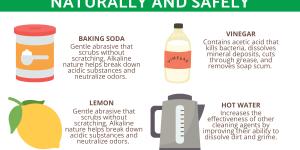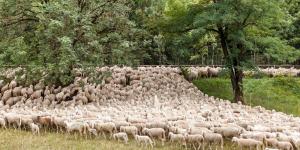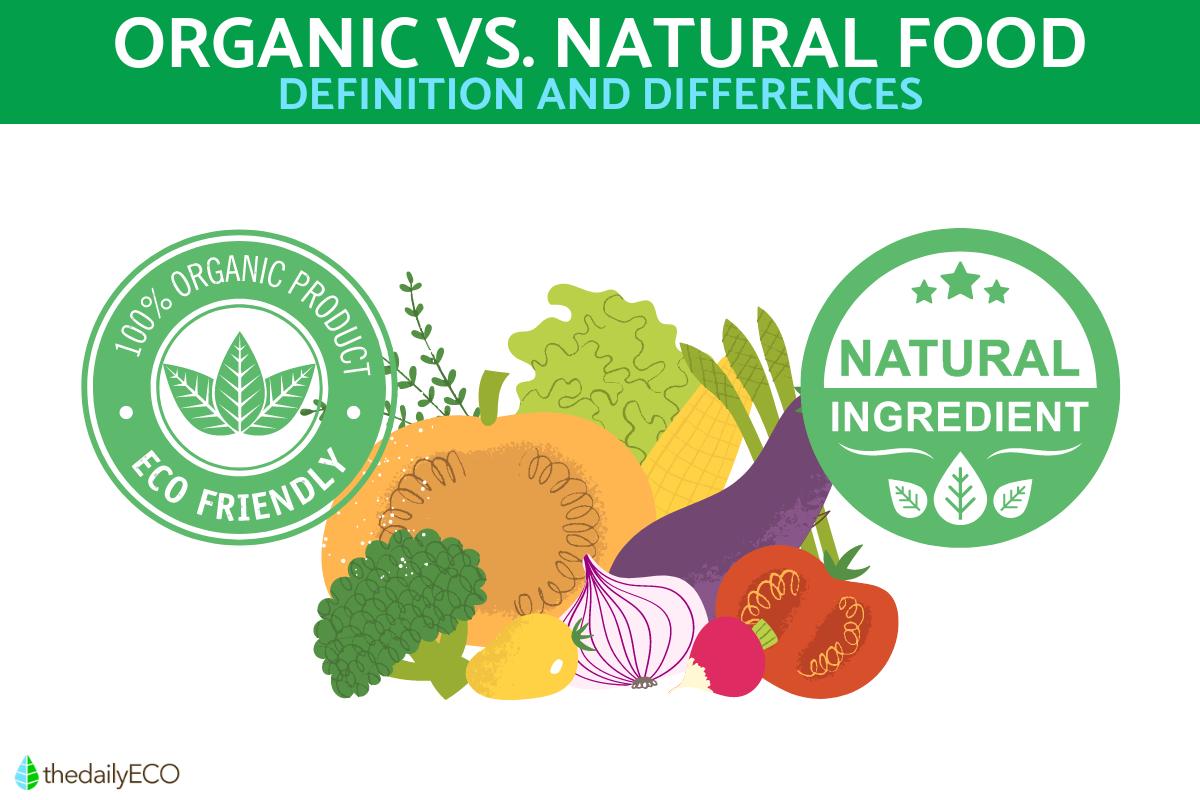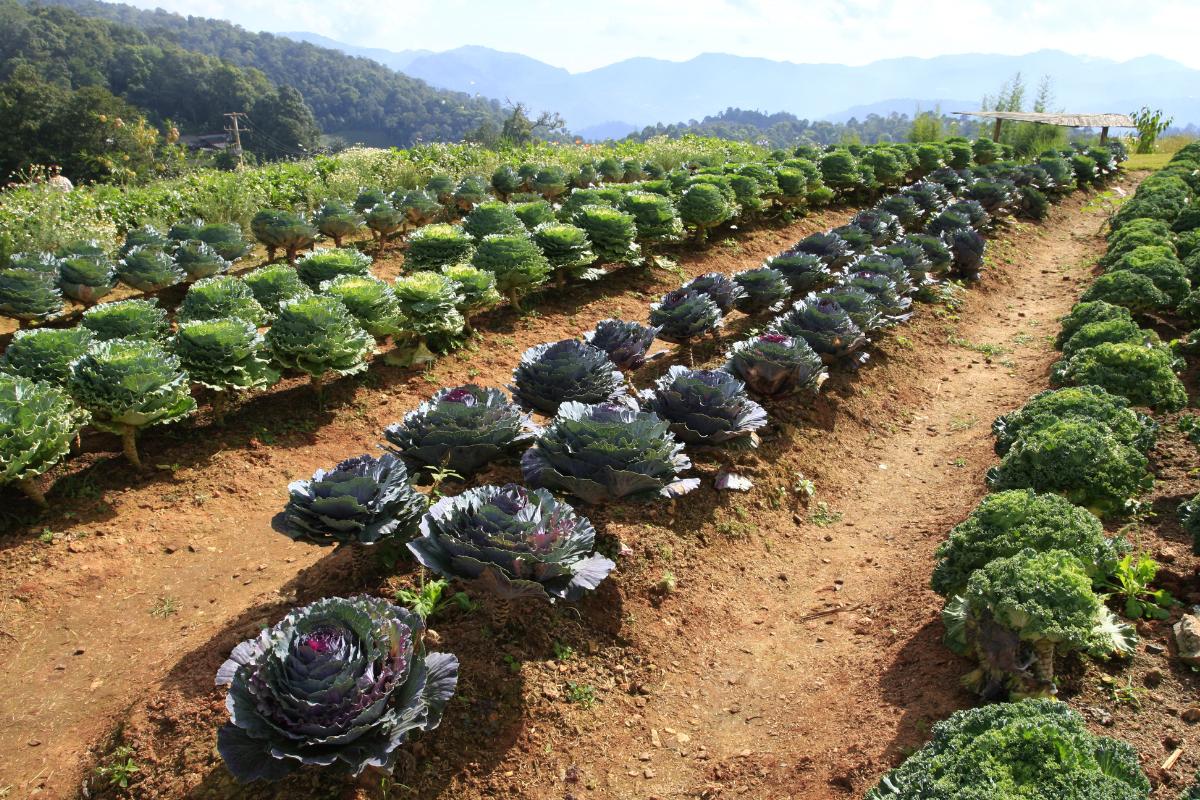Difference Between Organic and Natural Food


The differences between organic and natural foods are not just related to marketing. As many people want to eat healthily, many commercial food companies want to give the impression their food is good for our health. They do so with green packaging, bucolic scenes of cornucopias or even the terminology they use. This is the case with food that claims to be organic or natural. There are other terms companies use to describe their products such as biological or ecological food. While they are all trying to imply the food is desirable, they do not necessarily mean the same thing.
At thedailyECO, we investigate the difference between organic and natural food. We also provide examples of these different types of food and what they mean to the consumer.
What is organic food?
The differences between organic food and natural food are to do with production. Food production involves everything from before the product is grown to when it reaches the supermarket. This applies both to food crops and that which is derived from animals.
Organic food is one type of food production. It is also a term which has some variation according to different factors. One of the most significant is region. Different countries have different food standards agencies. For this reason, there may be some variation in what is considered officially organic.
With this in mind, we can look at what is considered to be organic food. The definition of organic food is food that is produced without additives, artificial pesticides, harmful fertilizers or other substances which can be used in food production. This includes preservatives which are not used to grow the food, but which are used to keep it fresh during travel and at market.
The rise of organic food is a direct result of the industrialization of the food industry. This is also an indirect response to the increased human populations worldwide. Earlier civilizations had a closer link to their food production. It was made and sold locally. A greater percentage of the human population was also involved in food production.
Now that there are more people in secondary and tertiary employment, food production has to be carried out on a larger scale. Demand has also led to consumers wanting more variation in food. This means food is grown outside of its natural habitat and is transported over longer distances. Such large scale farming and food production means producers use products like pesticides and preservatives to meet demand.
Industrial scale food production has caused many problems. Such problems include damage to soils, pollution of water from pesticides, antibiotic resistance and increasing the effects of climate change. It also has indirect effects on the health of people and animals.
Organic food production was instigated as a way to mitigate the effects of industrial food production. It wants to produce food in a way which does not harm the soils in which it was grown and provides a healthier product for those consuming it.
What are the organic standards?
As we have stated above, different jurisdictions can have variations in the criteria required to call something an organic food product. In the United States, the jurisdiction is covered by the United States Department of Agriculture (USDA)[1]. Their criteria for organic standards are related to the following:
- Crop rotation
- Crop location
- Seed usage
- Seed preparation
- Pesticide use
- Living conditions of animals
- Type of animal feed
- Drugs used for animals
- Preservation and transport
There are various other important criteria to consider. For example, some products may be made with a mixture of organic and non-organic foods. In this case, at least 70% of the total product needs to be from organic sources to ensure the label can read ‘made with organic products’.
For a food to be considered organic, what is not done to it is as important as what is done to it. For example, organic meet must be made from animals that have not been given hormones for growth. Practices such as these are prohibited and will ensure the product is not given the USDA-approved organic label.
Despite these factors, organic food production is not straightforward. For example, a crop can be grown on soil that has used prohibited substances as long as enough time has passed since their last use. This is important since it helps to encourage farmers to convert to organic farming practices.
Availability is another important factor. For example, non-organic seeds can be used to create organic crops when organic seeds are not available.
One of the most important aspects of organic food production is the prohibition of fertilizers, weed control, pest control, disease prevention and other substances. These products must not be used if the producer wants the food to be labeled organic.
Can genetically modified food (GMOs) be organic?
Although it may vary according to region, genetically modified organisms (GMOs) cannot be used in organic food production. This includes not feeding livestock with GMO foods, using GMO seeds or allowing any GMO foods in the final product.
Farmers must be very strict with this process. For example, they cannot grow GMO crops in a field next to organic crops. This is because cross-pollination can occur and result in the organic crop being contaminated. If they use prohibited substances such as GMOs, not only will the farmers lose their organic certification, they can be fined serious financial penalties.
Learn about what happens after organic food products are consumed with our article on what is organic waste?

What is natural food?
Organic food is a very strict guide which has legal implications. Producers need to meet various criteria to be given the organic food label and can face serious consequences if they contravene these criteria. In comparison, food labeled as ‘natural’ does not necessarily have such strict guidelines.
The terms ‘all-natural food’ or ‘all-natural ingredients’ are often used in product packaging. These labels are designed to give the impression that the food is not processed and uses quality ingredients. In this way, the term natural can apply to either the food itself or the process by which it is produced.
Some regions will have specific criteria which determine whether a food can be considered natural. This is the case with the United Kingdom. Other regions do not have any specific criteria. This is the case with the United States. This not only applies to the food itself, but also flavorings which are used. For example, a food can be called natural, but it may use synthetic additives or colorants in addition to naturally grown foods.
What is the difference between organic and natural food?
The terms ‘organic’ and ‘natural’ are both designed to engender a certain feeling in the consumer. They both want to convey the idea that a product is healthy and good for a person. At the very least, it is designed to imply it is better for us than processed and other types of food.
While it depends on the region, the main difference between organic and natural food is legislation. Organic food is heavily legislated and needs to meet very specific criteria before it can be labeled as such. This legislation is controlled by government organizations which can inflict penalties on businesses and corporations which mislead the consumer.
Natural food does not always have to meet such strict legislation. Many products can say they are natural or use natural ingredients, but it is up to the consumer themselves to determine the healthiness of the product.

Is organic food better for you?
Generally speaking, organic food should be better for the consumer. It does not use pesticides, additives and other substances which are prohibited by the organic criteria. They also don't use processes such as reconstitution of meat which can provide inferior quality products with low nutritional value.
However, organic food is not necessarily nutritionally better than other types of food. Although organic food criteria ensures the foods is produced to a high standard, it does not have to meet specific nutritional criteria. In fact, the use of GMO foods can sometimes increase the nutritional value of food products. Also, genetic modification does not necessarily mean the product is harmful. The FDA cites that GMO food is safe to eat[2].
Another important factor is the environment. Food produced organically is not necessarily produced locally. A higher demand for organic material and conversion to organic farming practices may increase the effects of global climate change. This is according to a study which points out that issues such as lower crop yields can increase greenhouse gas emissions[3].
This does not mean that organic food is intrinsically bad, but it does mean that labeling alone is not enough to improve how we eat and reduce the effects of climate change. Organic farming needs to be part of a restructuring which balances the various aspects of food production.
Discover more about protecting our environment with our article on how to protect nature's ecosystems.
If you want to read similar articles to Difference Between Organic and Natural Food, we recommend you visit our Ecology (other) category.
1. McEvoy, M. (2012). Organic 101: What the USDA Organic Label Means. Retrieved from:
https://www.usda.gov/media/blog/2012/03/22/organic-101-what-usda-organic-label-means
2. FDA. (2022). GMO Crops, Animal Food, and Beyond. Retrieved from:
https://www.fda.gov/food/agricultural-biotechnology/gmo-crops-animal-food-and-beyond
3. Smith, L. G., Kirk, G. J. D., Jones, P. J., & Williams, A. G. (2019). The greenhouse gas impacts of converting food production in England and Wales to organic methods. Nature communications, 10(1), 4641. https://doi.org/10.1038/s41467-019-12622-7







